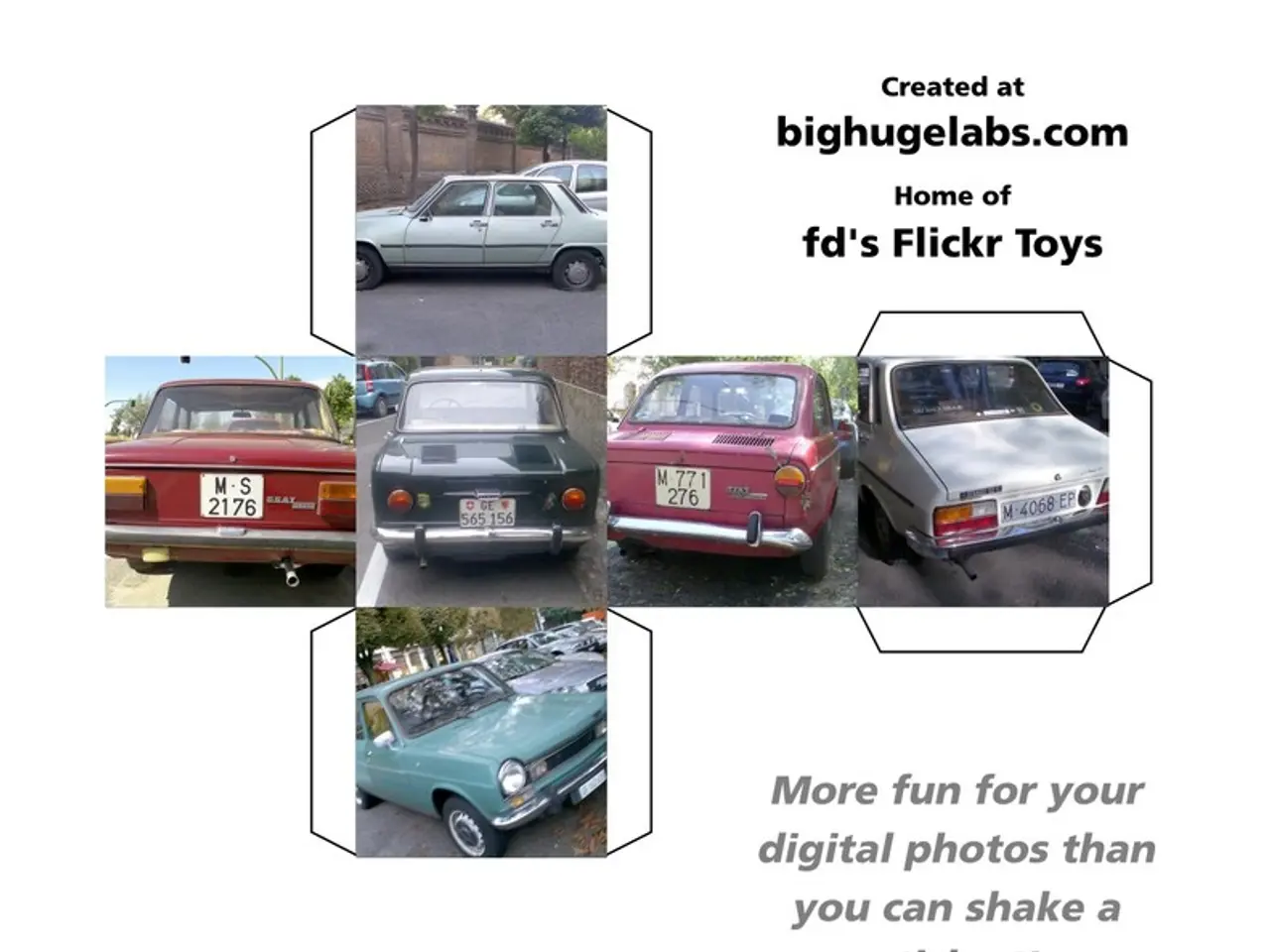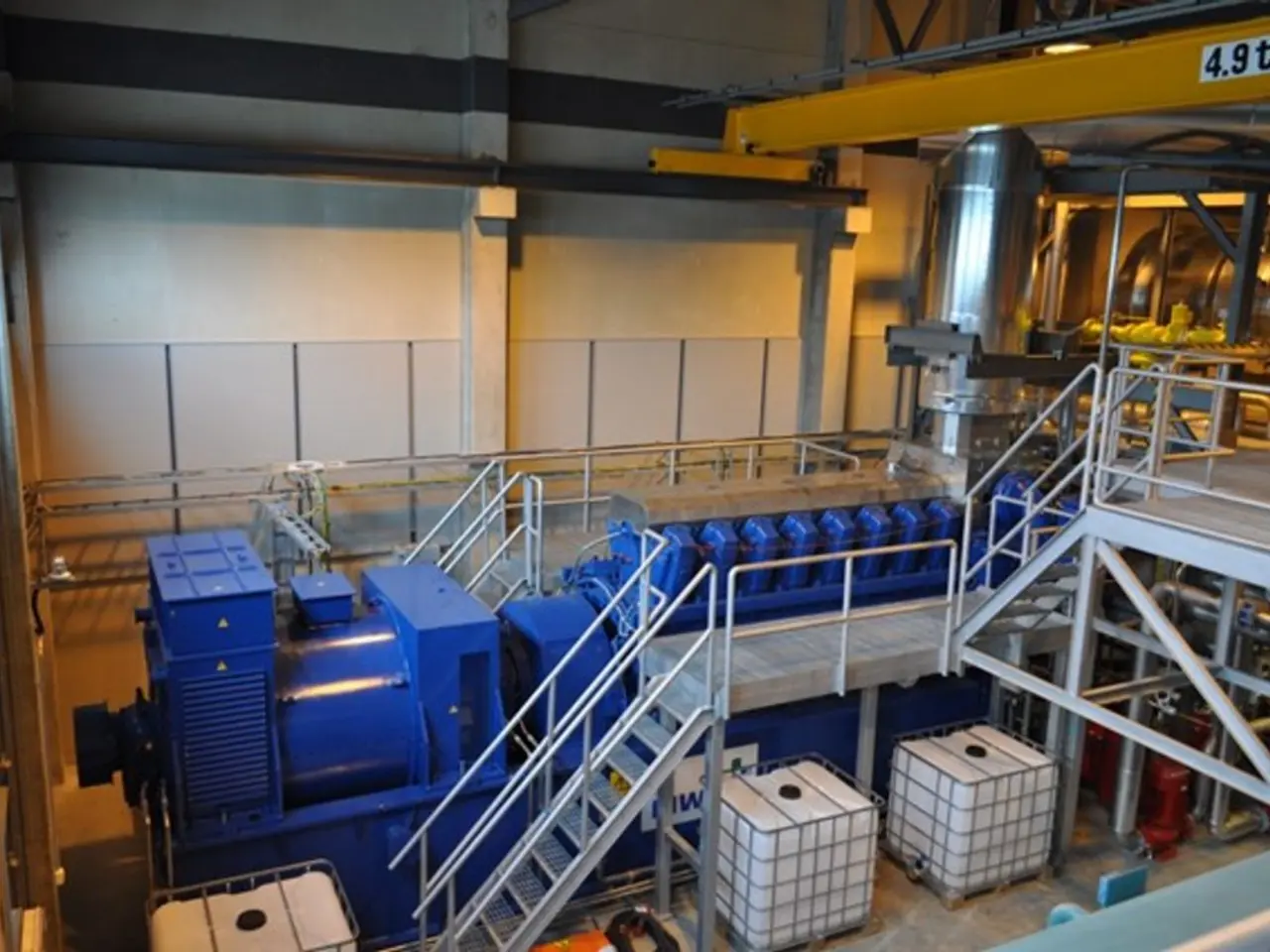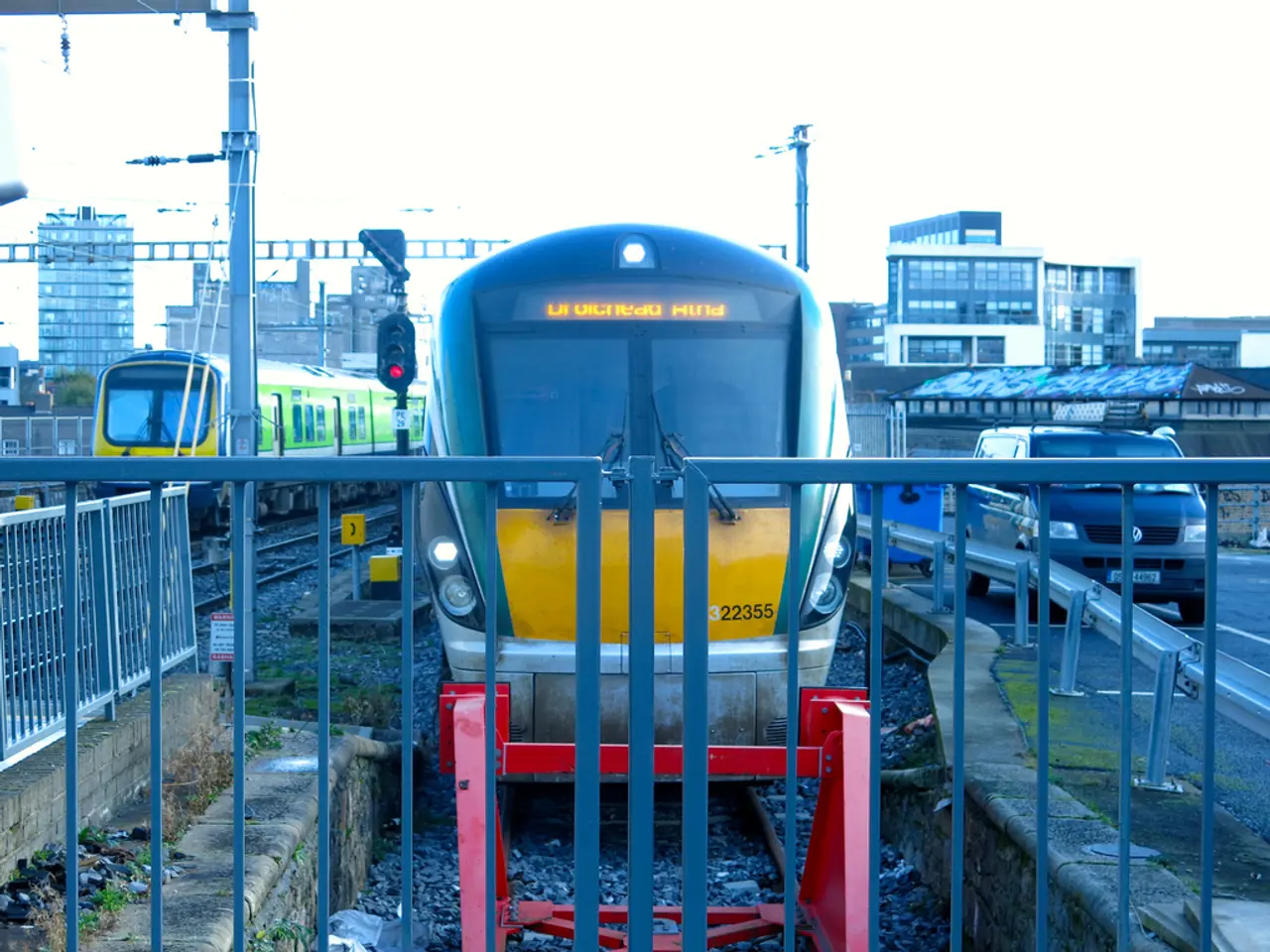Transport professionals from Thuringia share significant updates!
In Thuringia, Germany, reducing fuel consumption while driving is achievable with efficient driving habits and basic vehicle maintenance, without the need for new technology or costly modifications. Here are some practical tips to help you save fuel and money, whether you're driving daily or occasionally.
Drive at Moderate Speeds Maintaining speeds between 100 and 130 km/h on highways and ideally between 60 to 90 km/h in other conditions can help minimize fuel use. Air resistance increases sharply at higher speeds, and fuel consumption at 160 km/h can be up to two-thirds higher than at 100 km/h.
Avoid Unnecessary Idling Prevent wasting fuel by turning off your engine if you expect to stop for more than 60 seconds.
Use Cruise Control on Flat Motorways Cruise control maintains a steady speed and reduces fuel consumption caused by acceleration and deceleration.
Plan Efficient Routes Choose the shortest or least congested routes, and navigation apps like Google Maps often offer eco-routing that can save fuel and reduce emissions.
Maintain Proper Tyre Pressure and Alignment Keeping tyres correctly inflated and aligned decreases rolling resistance and fuel use. Regularly checking tire pressure is essential, as even a 0.3 bar difference can make a difference.
Lighten Your Vehicle Load Remove unnecessary weight from your car to improve fuel economy.
Accelerate Gently and Shift Early Accelerating smoothly and shifting to higher gears as soon as practical minimizes fuel consumption. Shifting gears early and keeping RPM low, especially on hills, can also reduce unnecessary fuel consumption.
Use Eco or Sail Modes on Longer Drives Using Eco or Sail modes on longer drives can help save fuel without compromising too much on comfort.
Every 100 kg of unnecessary items in the car can mean up to 0.3 liters more fuel consumption per 100 km, especially in stop-and-go traffic in cities like Erfurt or Jena. Adjusting tire pressure to the weight of the car, especially on longer trips with a fully loaded car, can further reduce fuel consumption.
By adopting these fuel-saving tips, you can help reduce fuel consumption, save money, and make a positive impact on the environment. These measures require no new technology or expensive modifications, only mindful driving and regular basic car maintenance, making them suitable for everyday driving in Thuringia or elsewhere in Germany.
- Implementing efficient driving habits, such as driving at moderate speeds, avoiding unnecessary idling, using cruise control on flat motorways, and accelerating gently, can help save fuel in the transportation industry, reducing costs for both daily and occasional drivers.
- By maintaining proper tyre pressure and alignment, lightening your vehicle load, and shifting gears early, you can improve the fuel efficiency of your car, making a significant difference in the lifestyle sector, particularly in cities like Erfurt or Jena.
- In the finance industry, adopting fuel-saving practices like planning efficient routes, using Eco or Sail modes on longer drives, and adjusting tire pressure to the weight of the car can lead to substantial savings, especially on longer trips with a fully loaded car.




